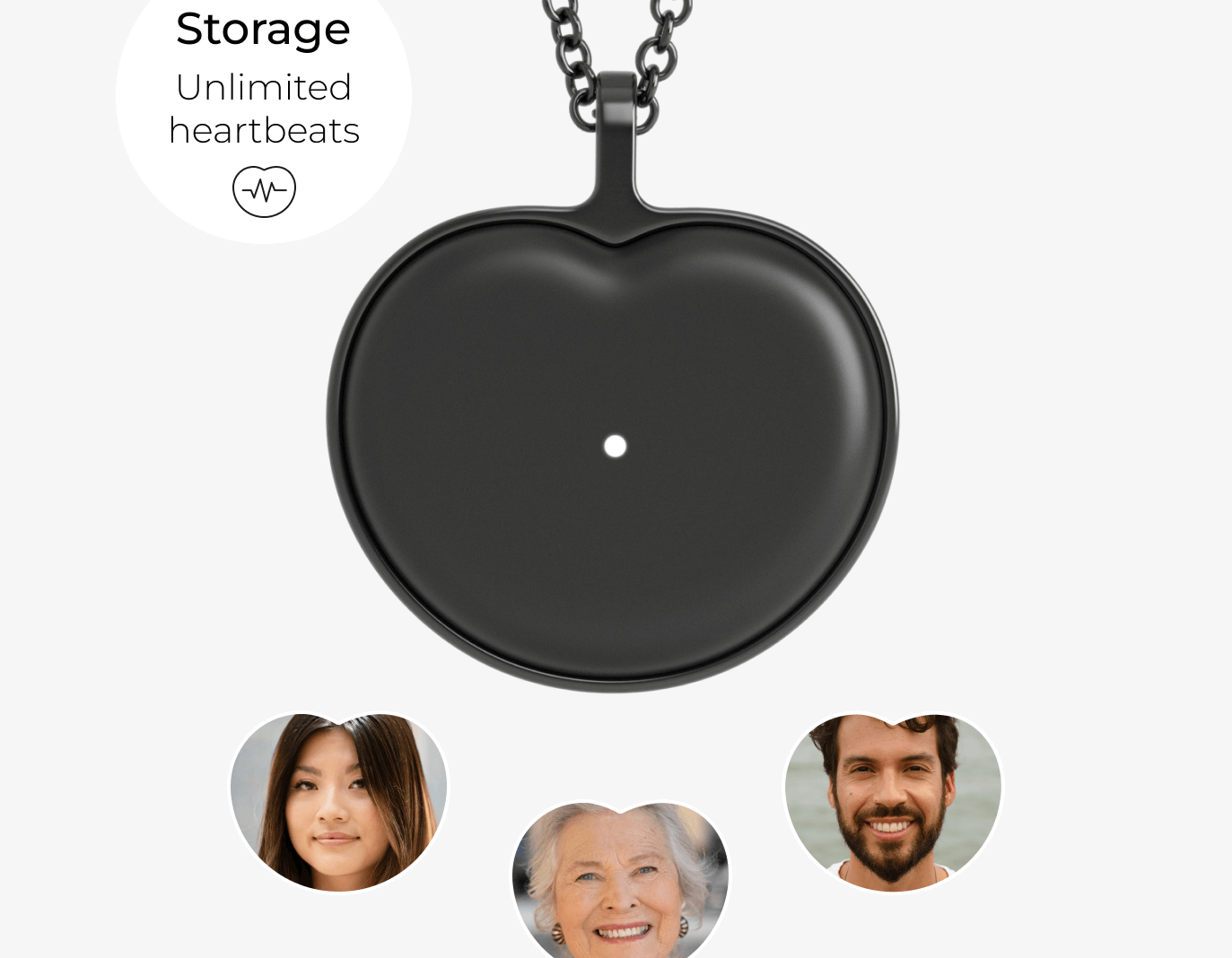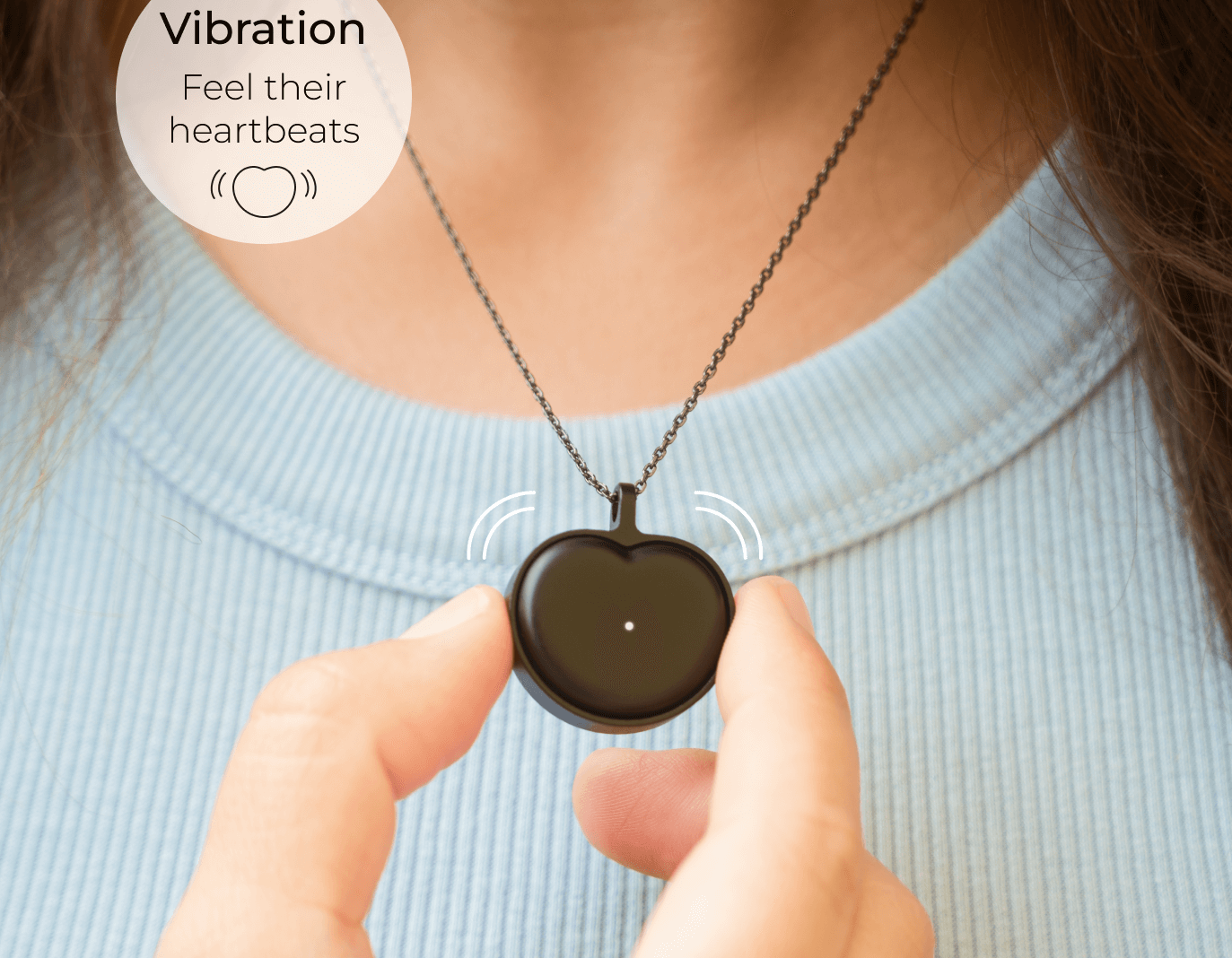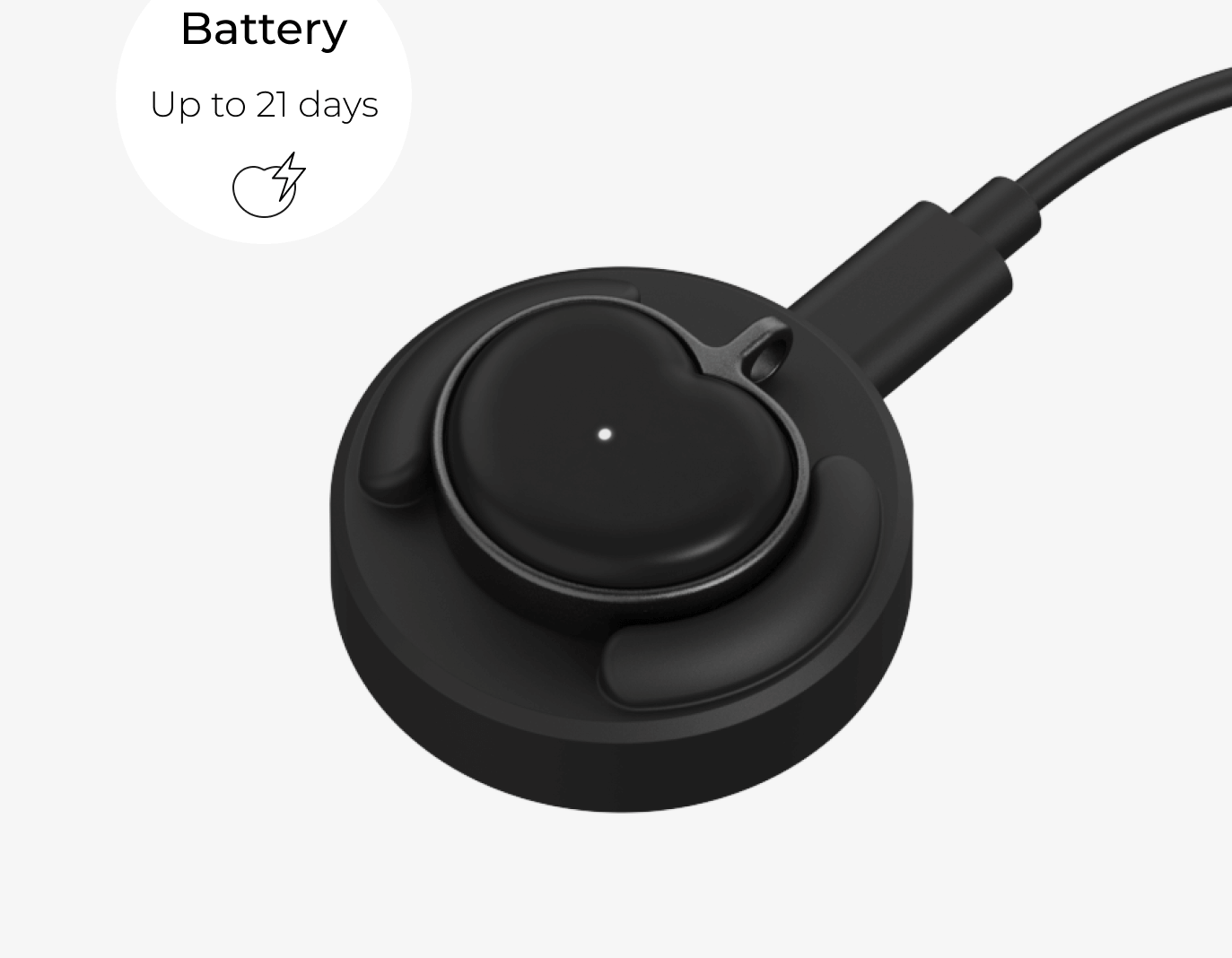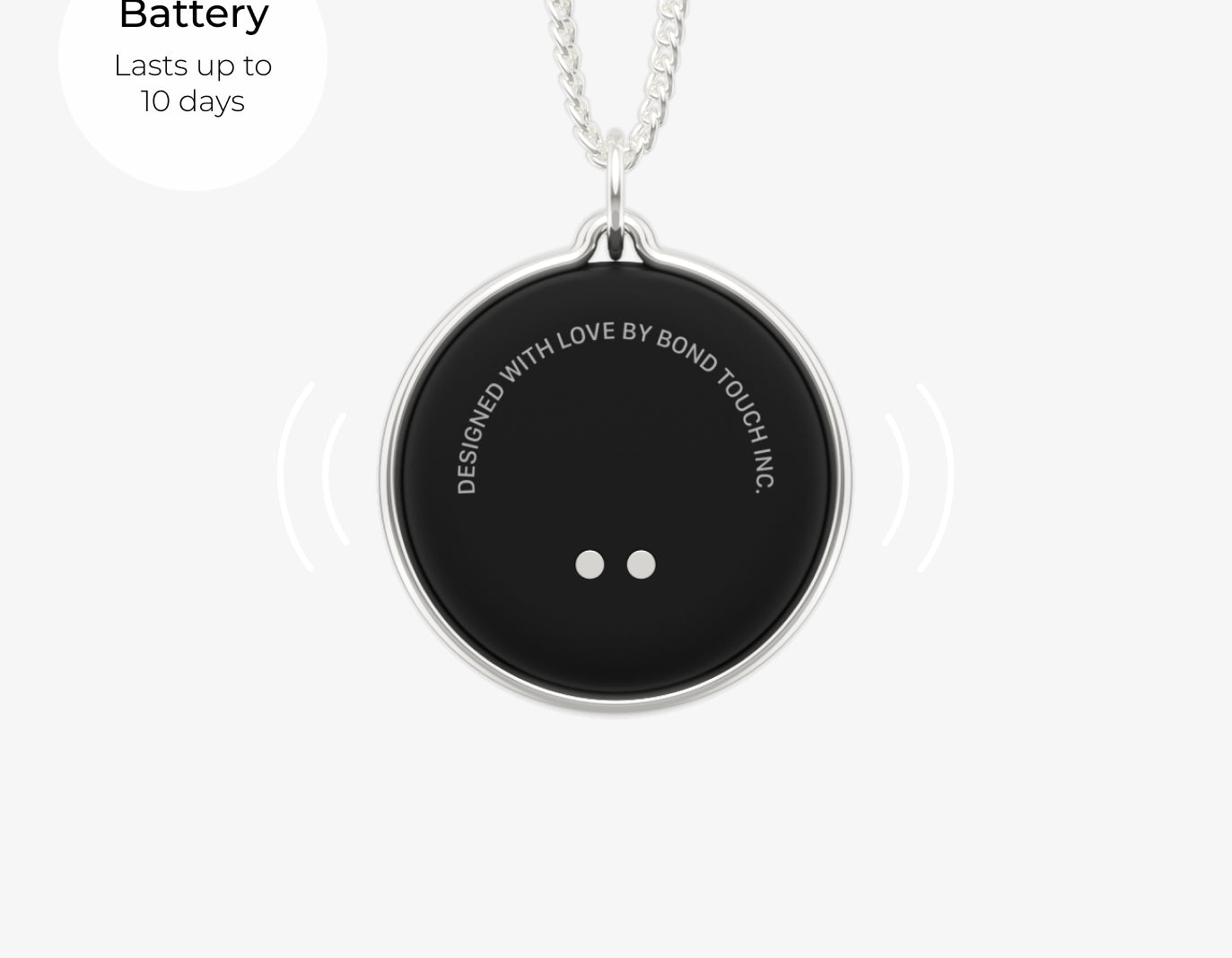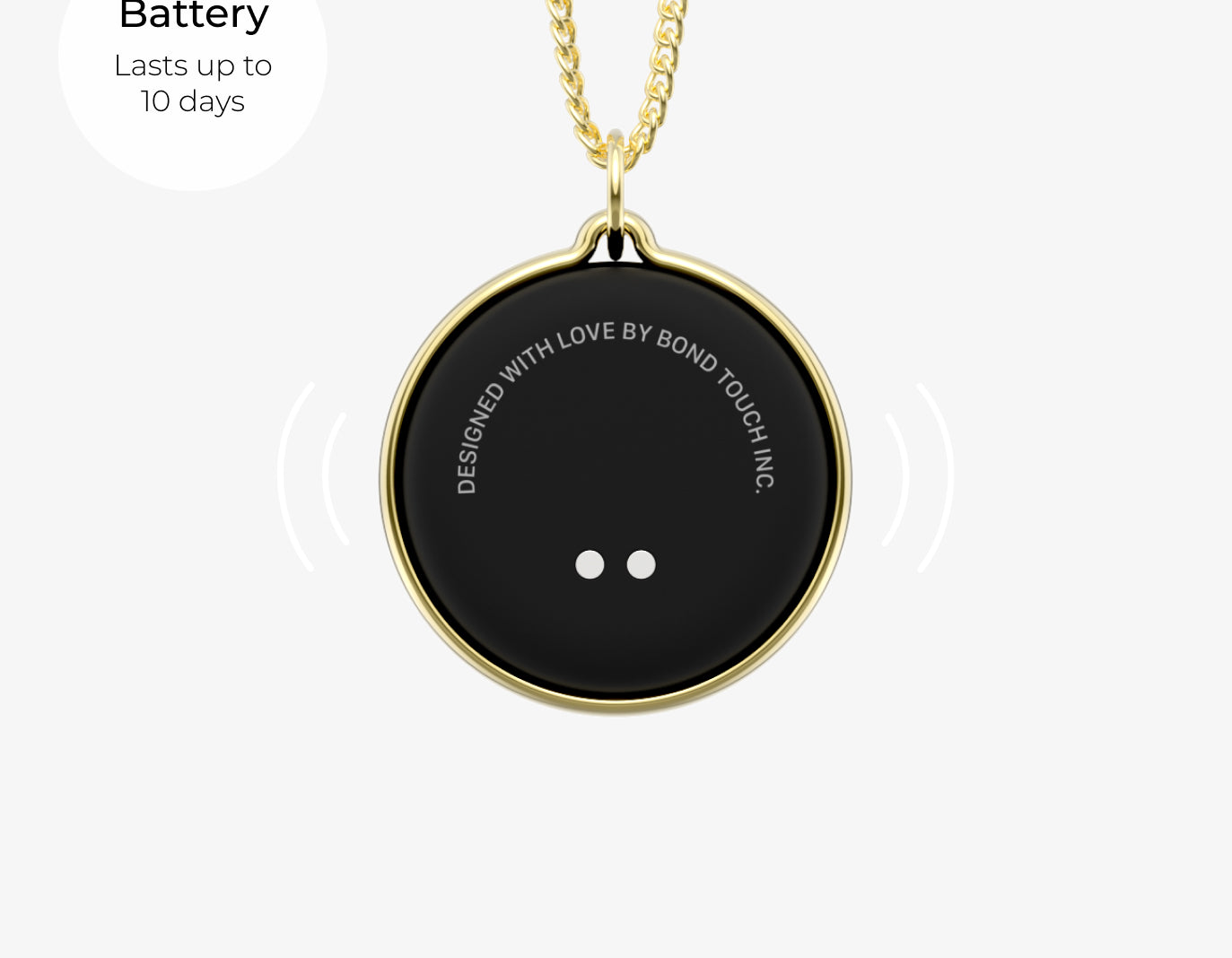Conflict is an inevitable part of any relationship. Whether you’re navigating a romantic partnership, a friendship, or a family bond, disagreements will arise. But conflict doesn’t have to be damaging—in fact, when handled correctly, it can strengthen your relationship and bring you closer to the people you care about. The key lies in constructive communication.
In this blog post, we’ll explore how to navigate conflict in a healthy way, offering tips that can help you turn disagreements into opportunities for growth and understanding.
1. Understand the Root of the Conflict
Before diving into a discussion, it’s essential to understand the root cause of the conflict. Often, the issue at hand is just the surface of deeper emotions or unmet needs. Take a moment to reflect on what’s really bothering you. Are you feeling unappreciated, ignored, or misunderstood?
Understanding your own feelings can help you communicate more effectively and avoid unnecessary escalation.
2. Choose the Right Time and Place
Timing and environment play a crucial role in how a conflict unfolds. It’s important to choose a time when both you and the other person are calm and open to discussion. Avoid bringing up serious issues when one of you is stressed, tired, or distracted.
Likewise, consider the environment—private, neutral spaces are best for sensitive conversations. Public places or moments when others are around can lead to added pressure and miscommunication.
3. Use "I" Statements to Express Your Feelings
When discussing a conflict, it’s easy to fall into the trap of blaming or accusing the other person, which can make them defensive. Instead, focus on using "I" statements to express your feelings and experiences. For example, say "I feel hurt when..." rather than "You always...".
This approach centers the conversation on your feelings without casting a direct blame, making it easier for the other person to understand your perspective and respond with empathy.
4. Listen Actively and Empathetically
Effective communication is a two-way street. While it’s important to express your own feelings, it’s equally important to listen to the other person’s perspective.
Practice active listening by giving them your full attention, nodding, and occasionally summarizing what they’ve said to show you’re engaged. Avoid interrupting, and try to understand their emotions and point of view, even if you don’t agree with it.
Empathy is key—acknowledge their feelings and let them know you’re trying to understand where they’re coming from.
5. Avoid Absolutes and Generalizations
Phrases like "You always" or "You never" can be particularly harmful during a conflict. These absolutes and generalizations tend to exaggerate the issue and can make the other person feel unfairly judged. Instead, focus on specific instances and behaviors. Discuss how a particular action made you feel, rather than making sweeping statements that can lead to defensiveness and further conflict.
6. Stay Focused on the Issue at Hand
During a disagreement, it’s tempting to bring up past conflicts or unrelated issues. However, this can quickly derail the conversation and make resolution more difficult. Stay focused on the issue at hand and resist the urge to bring up old grievances. If there are other matters that need to be addressed, save them for a separate discussion when the current conflict has been resolved.
7. Take Responsibility for Your Role
In any conflict, it’s important to recognize your own role and take responsibility for it.
Admitting when you’re wrong or acknowledging that you could have handled something better shows maturity and a willingness to improve the relationship. This doesn’t mean taking all the blame, but rather owning up to your part in the situation and being open to making changes.
8. Find Common Ground and Compromise
The goal of resolving conflict is not to "win" but to find a solution that works for both parties.
Look for common ground and be willing to compromise. This might mean finding a middle ground where both of you make concessions, or it could involve brainstorming new solutions together. The key is to focus on the relationship as a partnership, where both sides work together to achieve a positive outcome.
9. Know When to Take a Break
Sometimes, emotions can run high, and it’s difficult to have a productive conversation. If you find that the discussion is escalating or that you’re not able to communicate effectively, it’s okay to take a break.
Agree to pause the conversation and revisit it later when both of you are calmer. This can prevent things from getting out of hand and give you both time to cool down and reflect.
10. End on a Positive Note
After resolving a conflict, it’s important to reaffirm your commitment to the relationship.
Express appreciation for the other person’s willingness to work through the issue and end the conversation on a positive note. This helps to rebuild any trust that may have been shaken during the conflict and reinforces your bond.
Conclusion
Conflict doesn’t have to be a negative force in your relationship.With the right approach, it can be an opportunity for growth, deeper understanding, and a stronger connection.
By practicing constructive communication, staying focused on the issue at hand, and being open to compromise, you can navigate conflicts in a way that benefits both you and your relationship. Remember, it’s not about avoiding conflict but about handling it in a way that brings you closer to the people you care about.
👇 About The Other Half 👇
Thanks for reading this! FYI, The Other Half is brought to you by Bond Touch: the brand that has been helping build healthier and happier relationships through emotional wearables since 2017. Connecting over 1 million people globally so far and counting!
If you’re looking for a new way to connect with a very special someone, check out Bond Touch: a bracelet that lets you communicate through touch across any distance. Say it with a touch, stay in touch.












































